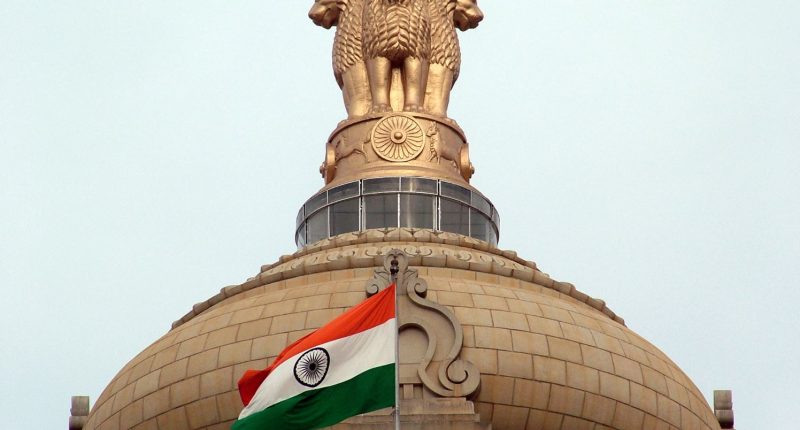WhatsApp has been valiantly defending its privacy policy all over the world for months now. The new privacy policy, which updated the terms of what user information the firm will share its parent company- Facebook, was supposed to be implemented in February. However, it has been delayed to May (at least for now) after facing immense backlash from users worldwide. In India, a case was filed against WhatsApp on terms of violating local privacy laws. Now, as May approaches, The CCI (Competition Commission of India) has ordered a probe into the privacy policy.
WhatsApp continues to claim that it is not sharing any personal chats or data with any third party, but merely updating how users connect with business accounts. However, the CCI does not believe this and has ordered its investigation arm, the Director General (DG) to investigate and prepare a report on whether WhatsApp’s claims are true or not.
The CCI is highly suspicious of WhatsApp’s “take it or leave it” policy, forcing the user’s hand to either accept the policy update in full or delete their account. “The Commission is of prima facie opinion that the ‘take-it-or-leave-it’ nature of privacy policy and terms of service of WhatsApp and the information sharing stipulations mentioned therein, merit a detailed investigation in view of the market position and market power enjoyed by WhatsApp,” it said.
The antitrust body has also said that many areas in the privacy policy, as well as in the updated Terms and Services, that the users are supposed to accept, are “too broad, vague, and unintelligible” and therefore require a proper and thorough investigation.
Earlier, the Indian IT Minister had also written to WhatsApp expressing his concerns and asked WhatsApp to withdraw the update completely. Moreover, the government has also moved the Supreme Court pleading that WhatsApp should not be allowed to implement such policy changes in India.
For the last few months, the firm has been fighting against the case in Indian courts. Indians, after all, account for a large proportion of both WhatsApp’s and Facebook’s user base, and the firm does not want to lose it. While neither of the parties seems to be backing down now, the conclusion of the war in the temples of justice remains to be drawn.
